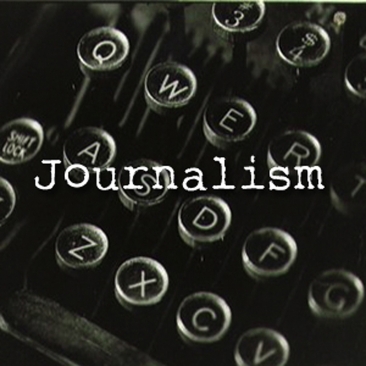This article concerns the past and future of chemical warfare (as it was understood in 1922) and was written by Captain J.M. Scammell, an Englishman who wrote extensively on chemical warfare throughout much of the Twenties and Thirties:
"Not only is chemical warfare more humane in battle, but it decreases the likelihood of war. It excludes whole groups of peoples from fighting. For example, no longer can a savage people, or even a non-industrial nation, hope successfully to go to war with a power that uses gas. In conjunction with the submarine and with aircraft it so complicates a modern overseas campaign that again, certain nations are excluded from fighting each other."
Click here to read more about gas warfare during World War One.
